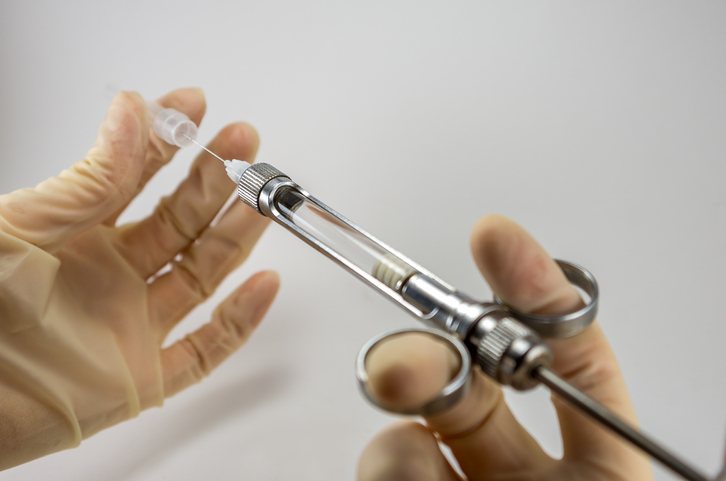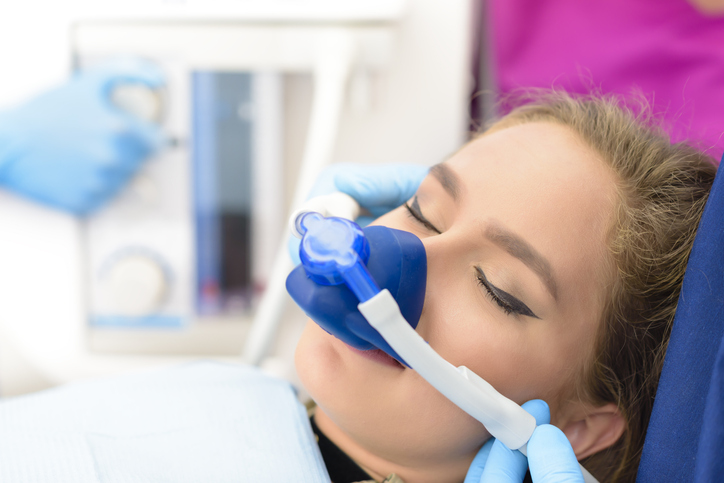To most of us, dental offices seem to be quiet, slow-paced environments; however, as with any healthcare setting, medical emergencies can happen in dental clinics. If you’re seeking a career in dental administration, you’ll need to be familiar with the emergencies that could happen at your dental practice. In addition, you should be aware of the protocols in place to help mitigate risk and get emergency situations under control quickly and calmly.
As a dental administrator, you will be the glue that holds a busy dental office together and the reason it runs smoothly. What medical emergencies can you expect to see in your dental administration career? What tools do you have at your disposal to manage these distressing events? How should you lead emergency drills? We’ll explore the answers to these questions below!
Common Medical Emergencies You’ll Encounter After Dental Administration Training
The most common medical emergency you’ll come across is syncope, which is temporary unconsciousness in a patient due to insufficient blood flow to the brain. There are many reasons for this. For example, the dentist’s office can be a relatively stressful environment for physical and psychological reasons. Some procedures are painful and uncomfortable. Mental stress can come from phobias of needles, blood, or being put under anesthesia.
After dental administration training, you’ll also come across anaphylaxis, asthmatic attacks, complications from diabetes, airway obstruction, hyperventilation, and angina. That’s a lot of emergencies that could happen, but don’t worry, dental clinics are equipped with the tools you’ll need to manage these crises.

Have the Tools to Stay Prepared
Each dental office is equipped with machines that measure vitals, including temperature, oxygen saturation, and blood glucose levels. Emergency drugs like epinephrine for anaphylaxis and asthma attacks should be readily available. The personnel on a dental office team must be well qualified to manage medical emergencies; they should be able to perform basic life support (BLS) techniques and keep their CPR certifications up to date.
Medical emergency protocols can be life-saving as they provide step-by-step instructions for responding to a crisis. Having detailed protocols in an easily accessible area is a must for managing emergencies. One of the most important protections you have against medical emergencies is clear information, and as a dental administrator, you will be largely responsible for managing patient records in databases and dental software. When your team is aware of each patient’s medical risks, you’ll have the power to plan ahead and avoid emergencies.

Practice Makes Perfect
Just like any other workplace, dental offices should regularly run mock drills. This ensures that team members are comfortable with the protocols for responding to common medical emergencies. Someone needs to lead these drills–a responsibility that could certainly fall on you once you start working after dental administration college.
At Medix College, we offer you detailed lessons on dental fundamentals, dental software, records management, scheduling, billing, medical emergencies, and all the skills you’ll need to manage the challenges that come up in a dental clinic effectively.
Ready to start working on your dental office administration diploma?
Contact Medix College for more information!




